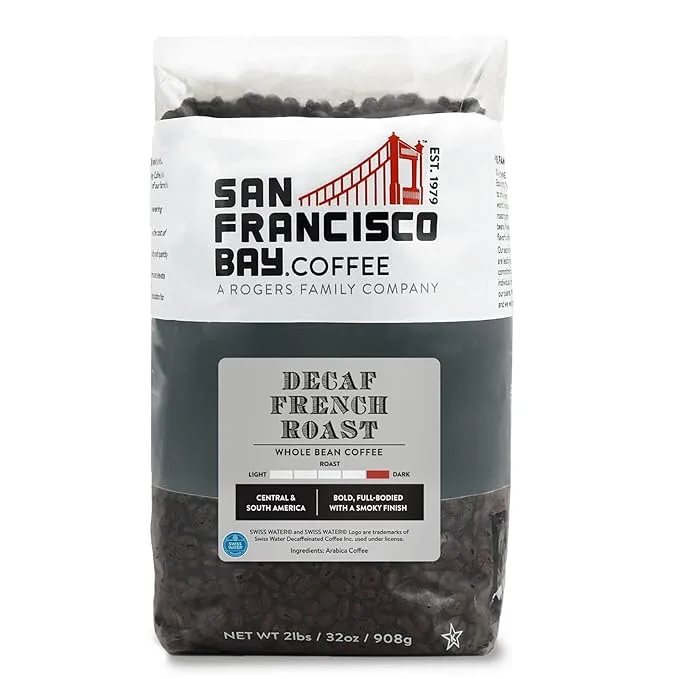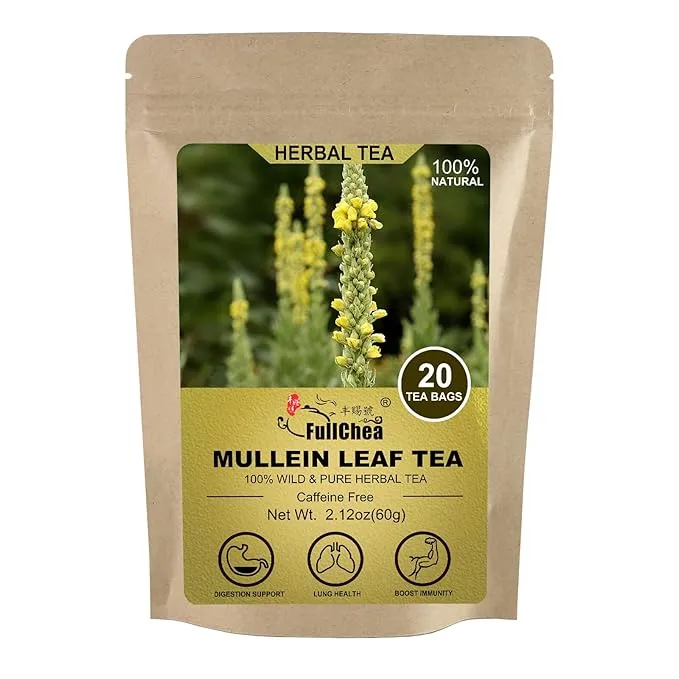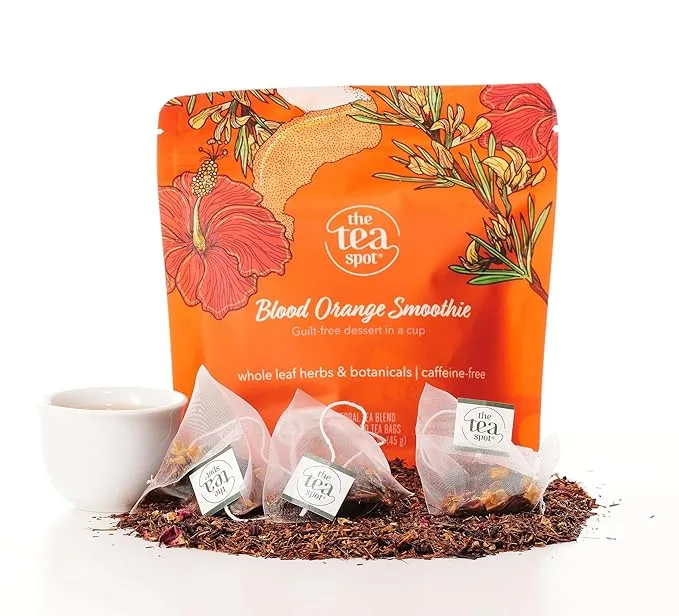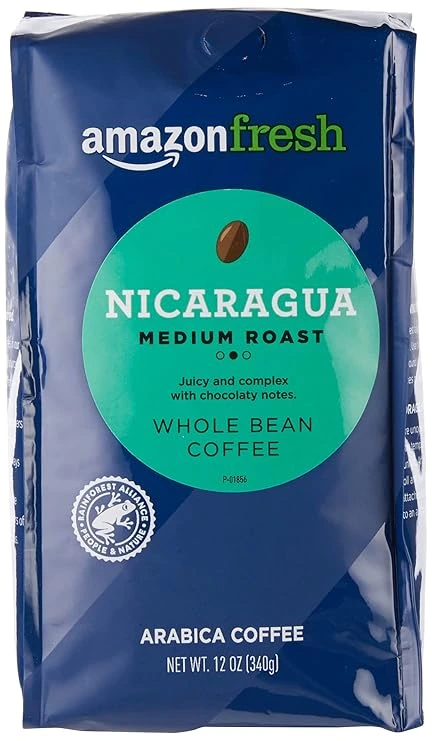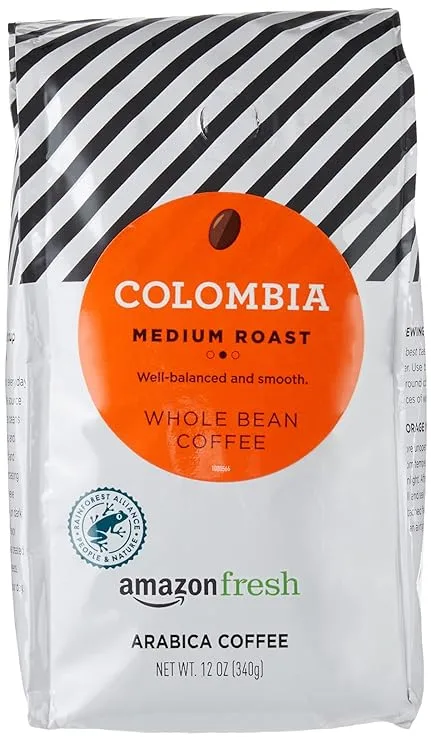Introduction

Tea or coffee? This question has been asked throughout centuries. Both this beverage represent something special for us: aroma the aroma of fresh brewed coffee creating coziness and tea being able to calm us down… Which one is better – let’s discuss! Welcome! And choose your favorite drink between these two – the answers will help you to make up your mind. In fact let us try to find out if coffee is tastier than tea!
History of Tea and Coffee
As of today, coffee and tea are two of the most fashionable beverages across the globe, each boasting of rich cultural heritage. Most countries in Europe, North America, and Latin America consider coffee as part of their daily activities, whereas tea is revered in Asia, the Middle East as well as in Britain. Both developed into global industries with transformed characters and structures in respect to geographical regions with limitations in age, race as well as availability of resources.
Origins of Coffee
The discovery of coffee as a drink can be traced back to the country of Ethiopia around the 9th century. It is said that a goat herder by the name of Kaldi found that his goats were becoming hyper after eating the fruits accessible in that tree. He then took this information to the local monastery where the monks were already familiar with the berries who used to prepare the drink to keep them awake during the long hours of devotion.
Originating from Ethiopia, the initial use of coffee beans was as a food enhancer in the Arabian Peninsula. As years progressed, by the 15th century and particularly in Yemen, coffee was able to grow as a crop and the beverage was enjoyed widely across the Islamic world. Also, coffee houses termed, qahveh khanehs in Arabic, became famous in cities like Mecca and Cairo where patrons would come in to take coffee, engage in intellectual exchanges and enjoy music.
In the 18th century, with the process of European colonization and the establishment of plantations, especially in Brazil and the Caribbean, coffee growing was introduced in the Americas. At present, coffee is cultivated in more than 70 countries, and the production and consumption of coffee are important components of numerous economies around the world.
Origins of Tea
It is a fact that the practice of drinking tea is older than the drinking of coffee, over 4700 years old in China. Tea or coffee? As per the tale, tea was first invented by emperor Shen Nong of China in 2737 BC when a few leaves of wild tree tea experience fell in his boiling water pot. Thanks to the sweet scent and flavor, Shen Nong was the first man to brew tea and drink it.
Tea has been a very important element of the Chinese society, especially during the Tang Dynasty (618-907 AD) when it was taken for healing purposes and became a common drink of the upper classes. The tea culture was also taken to Japan where it arrived in the 8th century, with Japan being where these practices took root most specifically via the notion of the tea ceremony practice, or chanoyu.
In the 16th century, Europe was exposed to tea thanks to the Portuguese and Dutch merchants, with Britain being the most fascinated. At first, tea drinking in Great Britain was considered as an extravagance, only available to the rich and famous but by the 18th century, it spread to every social hierarchy. The British East India Company started to bring in large volumes of tea from China, contributing to the culture of tea-drinking that developed in Britain.
Within the British Empire, the thirst for a global commodity and colourful teas reached such proportions that tea cultivation was even taken up within the colonies, especially in India and Sri Lanka (previously Ceylon). Therefore, the main driving force of the Opium Wars, which broke out in mid-19th century, arose from Britain’s trade deficit with China, for all the tea imported into Britain was paid for by the outflow of poisonous opium to the Chinese.
Cultural Significance. Tea Or Coffee?
Tea in Various Cultures
Tea is a special drink for many societies. Tea ceremonies are an art in China and Japan; afternoon tea is celebrated in the United Kingdom, and Indians consume chai daily.
Coffee in Various Cultures
“Coffee culture is diverse all over the world. Espresso is a popular short drink in Italy in the morning to encourage energy. In Turkey, coffee is thick and strong, and often times a part of a fortune telling ritual. In the U.S., however, coffee shops serve as meeting places for work, conversation and relaxation.”
Health Benefits. Tea Or Coffee?
Nutritional Benefits of Tea
A cup of Tea consists of numerous beneficial substances like flavonoids that help eliminate oxygen radicals within the system especially polyphenols. It is famous that green tea has thermogenic properties as opposed to black tea which enhances gastro-intestinal health. Therefore, there exist different herbal teas which include chamomile known for its calming effects on the brain due to its sedative action and peppermint also acts as a carminative.
Nutritional Benefits of Coffee
Health benefits of coffee are numerous. It possesses several antioxidants, among them chlorogenic acid, which could reduce inflammation. Some research shows that who drink coffee regularly are less likely to develop some illnesses such as Parkinson’s or type 2 diabetes. Furthermore coffee can improve one’s physical performance through elevation of adrenaline levels.
Caffeine Content. Tea Or Coffee?
Comparing Caffeine Levels In Tea and Coffee As Your Choice Tea Or Coffee?
Coffee has significantly more caffeine than tea in general but the distribution of caffeine differs depending on the type of tea as well as the method of brewing; 95mg for coffee and 15-70mg for tea. However, some people might find tea less harsh especially if they are sensitive to caffeine when they are choosing on tea or coffee.
Effects of Caffeine on the Body
Caffeine in tea or coffee boosts the central nervous system to keep you awake and alert, although overuse may cause restlessness, insomnia, as well as an increase in heart rate. It is necessary to identify a point at which suits both your body and lifestyle.
Flavor Profiles. Tea or Coffee?
Taste and Aroma of Different Teas
From the vegetation of green tea to the robust malty flavor of black tea, tea spans a wide range of flavors. Your taste buds could be put to an exam with recurrent fruity, minty or even floral presentations of herbal teas.
Taste and Aroma of Different Coffees
The taste of Coffee is equally broad. A lot of companies choose to roast light because they bring out most of the fruity and acidic flavours; others prefer dark roasts that give a bold smoky flavor. Special types of coffee such as Colombian beans and Ethiopian Yirgacheffe have different flavor notes which can be likened to berries; this could mean they taste like chocolate in some cases.
Brewing Methods Of Both Tea Or Coffee
How to Brew the Perfect Cup of Tea
Making tea is an art. Make sure to use the proper temperature and time for each kind. For instance, for green type, use 175°F and let it steep between 2-3 minutes; for blacks you need boiling water 3-5 minutes steep; while other variations like herbal teas may require heat from the pot then longer steeps.’
How to Brew the Perfect Cup of Coffee
In addition to drip coffee makers, French presses and espresso machines are among the many ways available for brewing coffee. It is worth noting that the final cup is affected by the size of the grains, the temperature of the water used as well as the amount of time it takes to make it. To achieve a moderate cup of coffee, it is appropriate to heat the boiling water off and change the texture of grind depending on how one brews coffee.
Tea Varieties
Green Tea, Black Tea, Herbal Tea, and More
Green tea is known for its fresh and delicate flavor, and is less processed and therefore has a greater amount of antioxidants than some other types of tea. Black tea which has been fully oxidized has a stronger taste but also contains more caffeine than green teas do, making it ideal for people who want an extra boost in the morning. Herbal teas like chamomile, rooibos or peppermint are free from sources of caffeine making the drinker relaxed and help them sleep well at night while also providing essential health benefits.
Health Benefits of Each Variety
It’s said that green tea can increase your metabolism because it has this property which is why people usually buy it with that specific intention in mind while others believe that black tea has the ability to support healthy hearts and maintain good gut bacteria levels, but research other kinds of herbal teas and take advantage of unique advantages like rooibos which has high levels of antioxidants among other things or chamomile that helps you get asleep fast besides peppermint known for its ability to clam your tummy when used as tea too.
Coffee Varieties
Espresso, Latte, Cappuccino, and More
Espresso is the primary ingredient for numerous coffee beverages in which hot water is forced through finely ground coffee powder. Lattes and cappuccinos include steamed milk with varying amounts of froth found in cappuccinos. Specialty drinks, for example macchiatos or mochas, use diverse milk textures and flavors.
Health Benefits of Each Variety
Although espresso and black coffee contain fewer calories and more antioxidants than other drinks such as milk or soft drinks, one must consider that the addition of these ingredients changes their health benefits. Coffee consumption should be done in moderate amounts so that people don’t end up consuming too much sugar and fat.
Well, which one do you choose according to your preference and taste. tea or coffee?
Tea Or Coffee in Daily Life. Which To Choose?
Tea in Daily Routines
When needing to relax, people often link it with drinking tea. People love having a cup of mild tea during the day or while winding down for bed. Herbal teas have a calmative effect and so they are common before bedtime.
Coffee in Daily Routines
Many people often have a Many people have a favorite coffee shop or brewing method that they incorporate easily into their everyday lives, partly because of its ENERGIZING EFFECTS. Also Commonly used during break times or when attending social functions.
Environmental Impact On Tea Or Coffee
Tea Production and Its Environmental Footprint
There can be significant environmental impacts of tea production like deforestation, pesticide usage, and water consumption, but lately there have been sustainable practices in tea farming like organic farming and having fair-trade certificates in order to reduce the ecological effects.
Coffee Production and Its Environmental Footprint
There are significant environmental challenges posed to coffee farming, such as; deforestation and water usage. Way to mitigate these impacts include; shade-grown coffee, organic farming and fair-trade practices. Sustainable coffee brands’ support gets the real name.
Economic Impact On Tea Or Coffee
Tea Industry Overview
In countries such as China, India and Kenya, the tea sector drives economies. It is a leading export commodity that supports the lives of many smallholder farmers. There are ongoing innovations in marketing and making tea products.
Coffee Industry Overview
Coffee is one of the most traded commodities in the world. emerging producers are Brazil, Vietnam, and Colombia. From farming to retail, it offers employment to millions of people. Market tendencies are upward for specialty coffee and ethical sourcing.
Social Aspects On Tea Or Coffee
Tea Gatherings and Social Rituals
Tea is very much social from traditional Japanese tea ceremonies to British afternoon tea. Mindfulness, relaxation and social bonding are emphasised in these ceremonies; also providing a quiet space for conversation and reflection in the context of tea sessions.
Coffee Shops and Social Interactions
Taking their cue from third-wave coffee shops, coffee shops have become vibrant social hubs in which people not only work and study but also socialize. These places are inherently stimulating for they foster creativity and facilitate connection.It is all about quality, sustainability and community now that third-wave coffee shops are becoming more popular.
Personal Preferences On Tea Or Coffee
Factors Influencing Tea Preferences
Factors such as flavor, health benefits and cultural background can have an influence on personal preferences for tea. To some people, tea varieties provide a mild caffeinated lift together with different flavors, to others, it’s all about peace that comes with it.
Factors Influencing Coffee Preferences
People’s coffee choices are determined by how it tastes; whether or not one needs an energy boost from the bitterness in their drink as compared to those who just enjoy the bitterness but also how you take it.Specifically, it is seen that this type supposedly has more strength which may come from its aroma other than its actual flavor while people using instant types often perceive them less strong compared to the brewed ones.
Conclusion
Finally, the real reason why people chose tea or coffee is because they like different tastes. Regardless of the number of distractions, these drinks have definite flavors, benefit human health and have great cultural cutoffs. It is not correct or incorrect to choose between any type of coffee because everybody has his own tea or coffee choice ravel to different places. AMAZON have both flavors, green tea to calm you down and espresso for the stark opposite; there are no set rules to it. And now, be caught between tea or coffee stools.
FAQs
If you are comparing to tea or coffee, tea generally contains 15-70 mg of caffeine per cup, while coffee contains about 95 mg per cup.
Although too much caffeine can cause problems such as insomnia and a faster heartbeat, moderate intake of tea and / or coffee is usually not harmful to humans in any way.
To be on the best side, a doctor should be consulted. In general, mild tea or coffee use is safe during pregnancy. However, an eye should be kept on intake.
Other options are herbal teas, such as chamomile or rooibos; also drinking any beverage made from hot chocolate, matcha or decaf coffee. you can choose tea or coffee with this statement as well.
You can reduce the environmental impact of tea or coffee by minimize waste by choosing products from sources that are sustainable, supporting fair-trade brands, and thinking about using reusable cups and filters.

